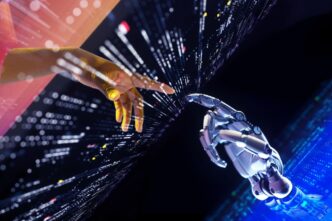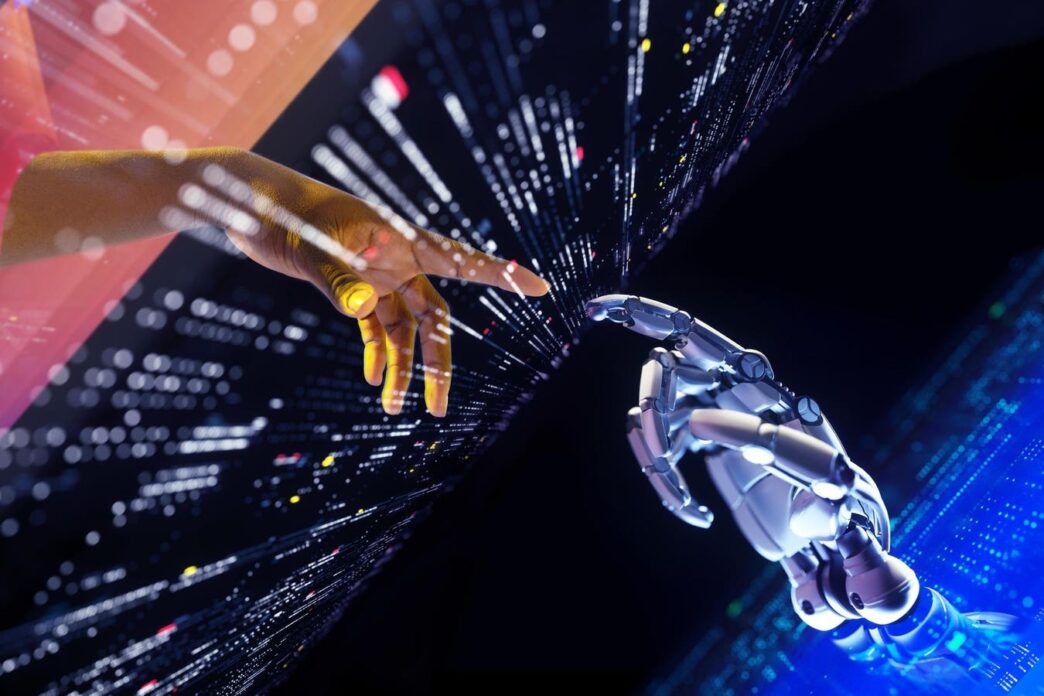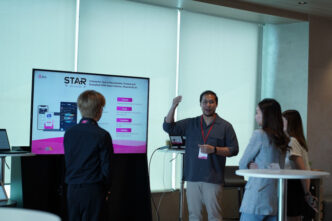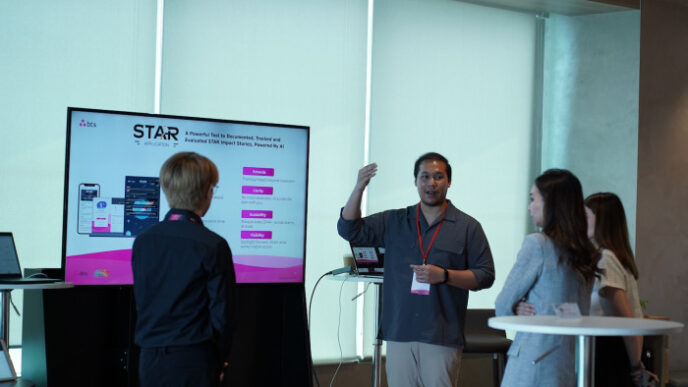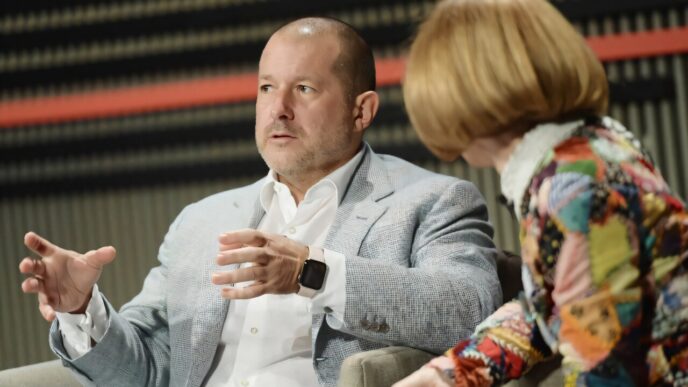US businesses are scrambling to adopt AI—but pitfalls loom large.
Executives rush to integrate AI tools for scaling and training. But employees often don’t see productivity boosts. A 2025 study from University of Chicago and University of Copenhagen found AI chatbots have “no significant impact on earnings or recorded hours.” Worker disengagement offsets any gains.
Jotform CEO Aytekin Tank told Forbes:
“For managers, AI agents mean less time spent overseeing basic training and more time to focus on higher-value tasks.
The key is smart delegation: Entrepreneurs and managers should use AI agents to handle designated training tasks, while maintaining strategic direction.
Businesses that move quickly to integrate AI-driven learning will reap a major competitive advantage.”
But Forbes contributor Tor Constantino points to a “shockingly wide divide” between exec expectations and rank-and-file results, with many employees feeling more burdened than helped.
“Workers report spending more time reviewing AI-generated content and learning tool complexities than the time these tools supposedly save,” said Luis Romero, founder of GenStorm AI.
Experts recommend using AI as an experiment channel, not just a ramp-up for scaling production. Reece Akhtar, CEO of Deeper Signals, urges companies to harness AI to boost creativity, not just output.
Put another way: AI adoption isn’t just plugging in new software. It demands team training, troubleshooting, and patience. Teams thrive with support and creative freedom—not just top-down mandates.
Measuring real AI adoption means looking beyond speed or output. Anne Griffin, AI product consultant, advises tracking whether employees show “more agency” in using AI tools, rather than just following scripts.
Face-to-face or video chats are key to avoid burnout from “human-machine interaction,” per Gallup researcher Vibhas Ratanjee, who warns that frictionless tools can kill connection.
Hiring AI talent means casting a wide net.
Corinne Post suggests gender-neutral job ads and female interviewers to boost diversity. Dr. Aviva Legatt urges looking beyond computer science majors, scouting universities like the University of Georgia and Emory with strong AI programs.
Skills-based hiring tests trump pure degree credentials, catching overlooked talent. Sarah Hernholm adds value for candidates with interdisciplinary degrees like cognitive science, which blends psychology and computer science—key as AI systems evolve.
Industry networking at events like World Summit AI Americas and Ai4 is also crucial for sourcing top talent.
Upskilling your current team beats rushing hires.
Barry Libert, CEO of AllMatters, says existing employees know company data best and can more smoothly integrate AI if trained well. Cynthia Pong stresses hands-on training with immediate use cases to lock in skills.
AI tools aren’t just for coders. Ops teams can try contract review tools like LawGeex. Marketers can test video AI like Opus Clip or Runway.
Bain & Company’s Sarah Elk warns:
“Winning organizations aren’t just updating their tech infrastructure. They’re preparing their people with training and clear guidelines.
Companies that hesitate now risk being left behind—not just by their competitors, but by their own employees.”
AI survival means bold tech moves paired with adaptable, well-trained teams ready to evolve.
